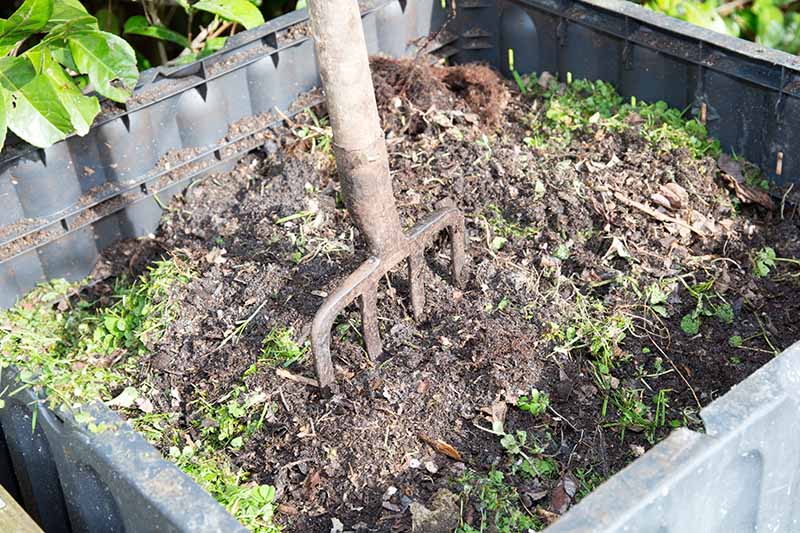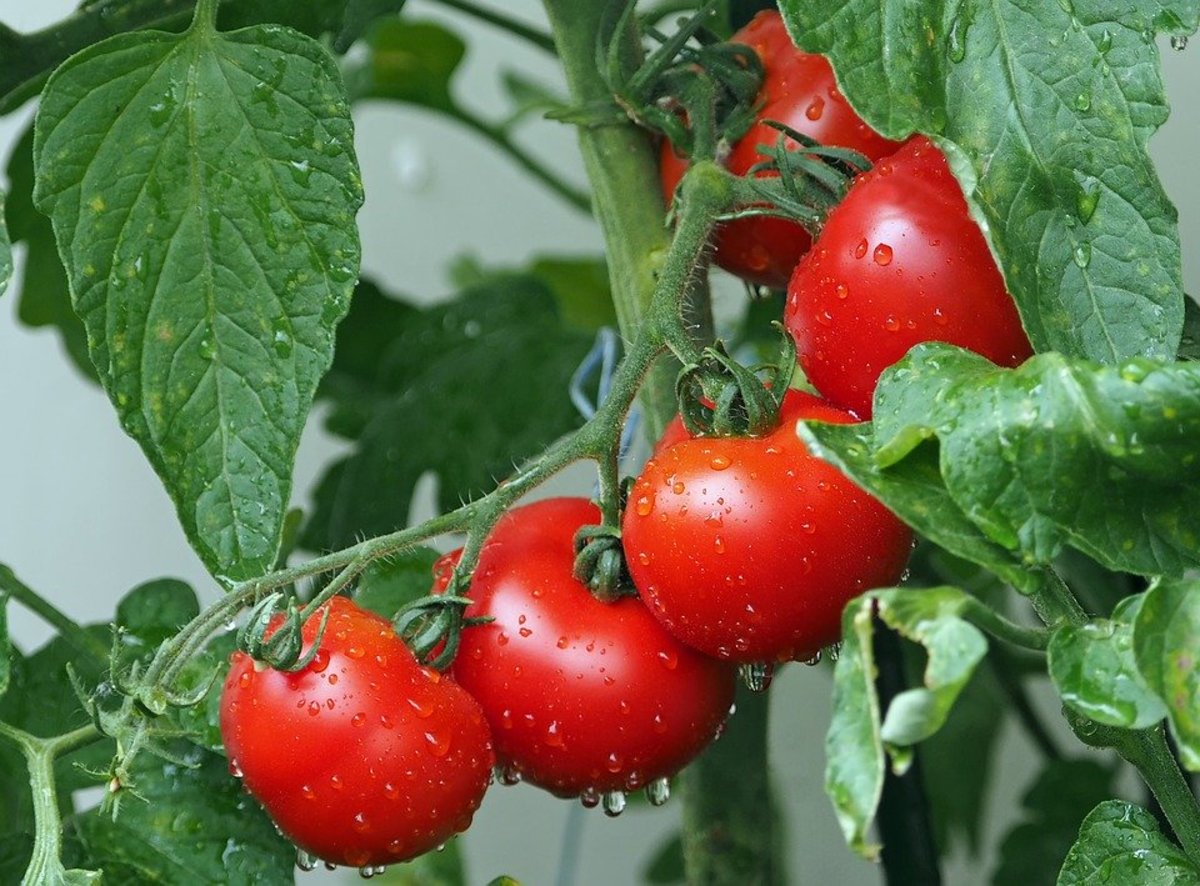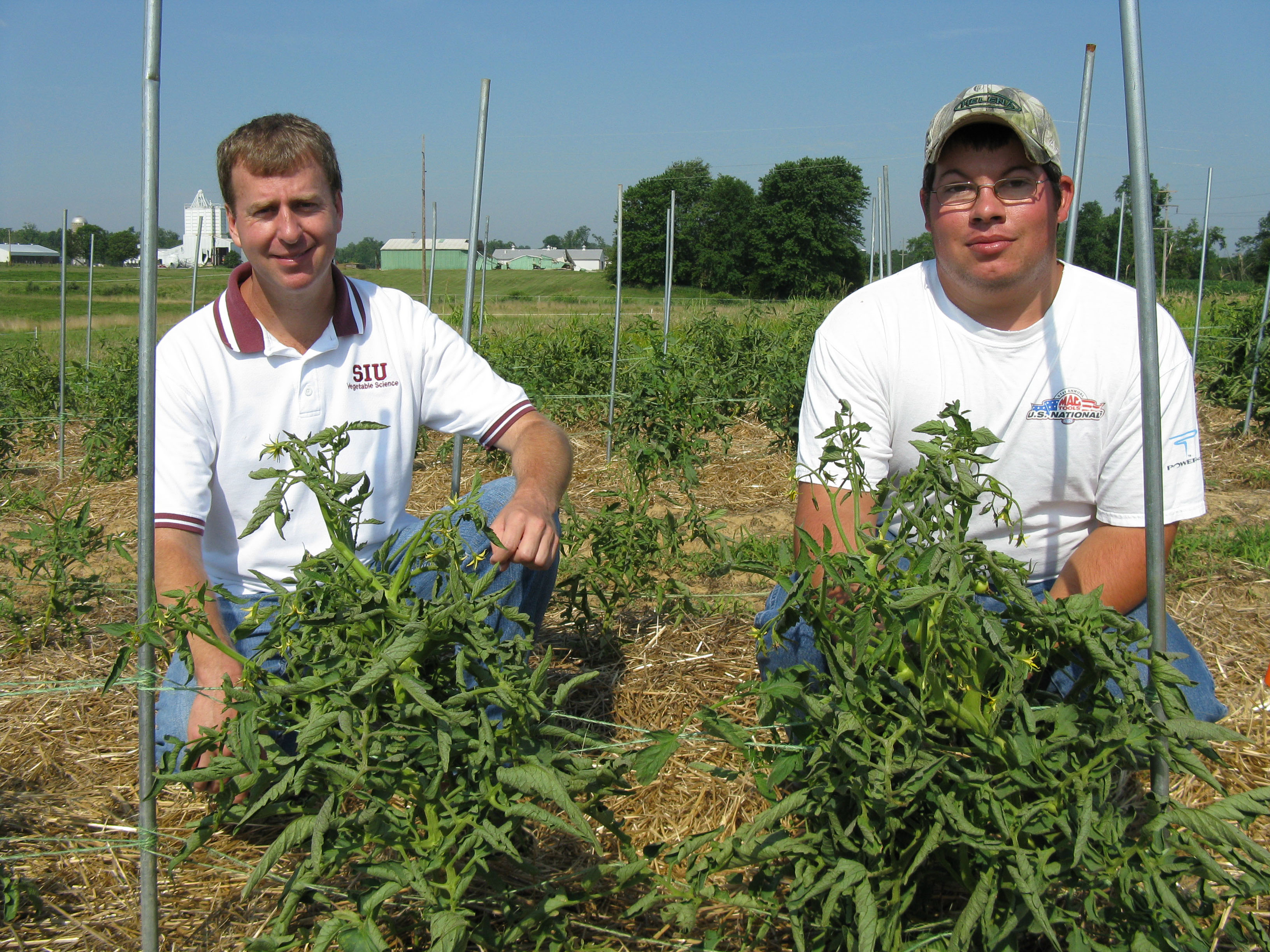Organic Soil Amendments For Juicy Tomatoes
Title: Organic Soil Amendments for Juicy Tomatoes
Introduction:
Tomatoes are a delicious and versatile vegetable that can be enjoyed in many different ways. However, in order to grow juicy and flavorful tomatoes, it is important to provide them with the right soil conditions. Organic soil amendments can help to improve the quality of your tomato soil and give your plants the nutrients they need to thrive.
In this blog post, we will discuss the benefits of using organic soil amendments for tomatoes. We will also provide a list of some of the most effective organic amendments that you can use in your garden.
Main Content:
There are many benefits to using organic soil amendments for tomatoes. These amendments can help to improve the following aspects of your tomato soil:
- Nutrient content: Organic amendments can provide your tomato plants with the essential nutrients they need to grow strong and healthy. They can also help to improve the overall fertility of your soil.
- Water retention: Organic amendments can help to improve the water retention capacity of your soil. This is important for tomatoes, as they are susceptible to drought stress.
- Drainage: Organic amendments can also help to improve the drainage of your soil. This is important to prevent root rot and other diseases.
- Soil structure: Organic amendments can help to improve the soil structure of your garden. This means that the soil will be more loose and airy, which will allow the roots of your tomato plants to breathe and grow more easily.
Some of the most effective organic amendments for tomatoes include:
- Compost: Compost is a nutrient-rich organic material that can be made from a variety of sources, such as food scraps, yard waste, and manure. It is a great all-around amendment that can improve the quality of your soil in many ways.
- Manure: Manure is another excellent organic amendment for tomatoes. It is a good source of nitrogen, phosphorus, and potassium, which are all essential nutrients for tomato growth.
- Bone meal: Bone meal is a good source of phosphorus, which is important for healthy tomato growth. It can also help to improve the structure of your soil.
- Worm castings: Worm castings are a great source of nutrients and beneficial bacteria. They can help to improve the fertility of your soil and promote healthy plant growth.
- Kelp meal: Kelp meal is a good source of trace minerals, which are important for overall plant health. It can also help to improve the water retention capacity of your soil.
Conclusion:
Organic soil amendments can be a great way to improve the quality of your tomato soil and give your plants the nutrients they need to thrive. By using organic amendments, you can help to ensure that your tomatoes will be juicy, flavorful, and healthy.
Are you looking for more information about organic soil amendments for tomatoes? Visit Home Gardening for a comprehensive guide on the best types of amendments, how to apply them, and the benefits they can offer your plants.
FAQ of organic soil amendments for tomatoes
What are the benefits of using organic soil amendments for tomatoes?
There are many benefits to using organic soil amendments for tomatoes, including:
- Improved soil structure: Organic matter helps to improve the structure of the soil, making it more porous and allowing for better drainage and aeration. This can help to prevent root rot and other diseases.
- Increased nutrient availability: Organic matter helps to release nutrients slowly over time, which is ideal for tomatoes, which are heavy feeders.
- Improved water retention: Organic matter helps to retain water in the soil, which can help to prevent drought stress.
- Reduced erosion: Organic matter helps to bind soil particles together, which can help to reduce erosion.
- Increased biodiversity: Organic matter supports a diverse range of beneficial soil organisms, which can help to improve the overall health of the soil.
What are the best organic soil amendments for tomatoes?
Some of the best organic soil amendments for tomatoes include:
- Compost: Compost is a great all-around soil amendment that provides a variety of nutrients and helps to improve soil structure.
- Manure: Manure is another excellent source of nutrients for tomatoes. It is important to choose manure that has been composted or aged, as fresh manure can burn plants.
- Worm castings: Worm castings are a concentrated source of nutrients that are easily absorbed by plants. They also help to improve soil structure and drainage.
- Leaf mold: Leaf mold is a slow-release source of nutrients that helps to improve soil structure and drainage.
- Peat moss: Peat moss helps to improve water retention and drainage. It is also a good source of organic matter.
How do I apply organic soil amendments to my tomato plants?
The best time to apply organic soil amendments is in the fall or early spring, before you plant your tomatoes. This will give the amendments time to break down and improve the soil before the plants start growing.
To apply organic soil amendments, simply work them into the top 6-8 inches of soil. You can use a shovel, a garden fork, or a tiller to do this.
The amount of organic soil amendment you need to apply will vary depending on the type of amendment you are using and the condition of your soil. However, a good rule of thumb is to apply 2-3 inches of amendment per 10 square feet of soil.
What are the risks of using organic soil amendments?
There are a few risks associated with using organic soil amendments, including:
- Some organic amendments can be high in salt, which can be harmful to plants.
- Some organic amendments can contain weed seeds, which can germinate in your garden.
- Some organic amendments can attract pests or diseases.
To minimize the risks of using organic soil amendments, it is important to choose amendments that are appropriate for your climate and soil type. It is also important to read the labels carefully and follow the directions on the package.
Image of organic soil amendments for tomatoes
- Compost: This is a great all-purpose amendment that adds nutrients, improves drainage, and helps retain moisture.

- Manure: Manure is another excellent amendment that provides a slow-release source of nutrients.

- Bone meal: Bone meal is a good source of phosphorus, which is essential for tomato growth.

- Fish meal: Fish meal is a good source of nitrogen, which is also essential for tomato growth.

- Kelp meal: Kelp meal is a good source of micronutrients, which are essential for overall plant health.

- Blood meal: Blood meal is a good source of nitrogen, but it should be used sparingly as it can be high in nitrogen.

- Wood ash: Wood ash is a good source of potassium, which is essential for tomato ripening.

- Vermicompost: Vermicompost is a type of compost that is created by earthworms. It is a very nutrient-rich amendment that is also beneficial for soil health.
- Peat moss: Peat moss is a good source of organic matter and helps to improve drainage.


Post a Comment for " Organic Soil Amendments For Juicy Tomatoes"